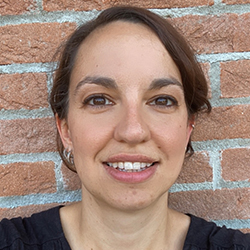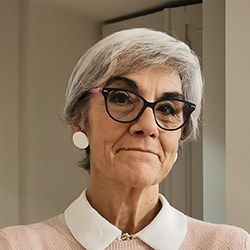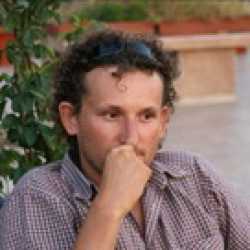Politecnico di Torino
The Politecnico di Torino (POLITO), founded in 1906 from the roots of the Technical School for Engineers created in 1859, has a long-standing tradition of leadership of polytechnic culture. It is one of the most important universities in Europe for engineering and architecture studies, strongly committed to collaboration with industry. Currently it is among the top Engineering and Technology universities in the world. Politecnico di Torino has over 35,000 students enrolled in academic courses and about 16% of them are international students. POLITO international education network features about 413 bilateral agreements and 120 double-degree agreements with EU and non-EU universities, active participation in university networks and the establishment of international campuses (e.g. Sino-Italian campus of Tongji University in Shanghai). Moreover, POLITO is part of some of the major European interuniversity networks, such as CESAER, CLUSTER, EUA, T.I.M.E and Magalhaes. Politecnico di Torino is active in many activities and projects aiming at citizens’ involvement in science and it is interested in developing permanent partnerships in research and education with industries that want to take advantage of university collaboration for innovation and development.
Materials and processes for micro and nanotechnologies
The “Materials and processes for micro and nanotechnologies” is an interdisciplinary research team gathering physicists, chemist, material scientists, engineers and biologists. The research activity of the group focusses on three main themes: (i) materials and processes for a sustainable future, (ii) materials and processes with biomedical applications and (iii) materials and processes for innovative ICT devices. The group is currently composed by more than forty people who, during the years, have gained well-established technological and fundamental competences in the growth, characterization and processing of materials at the micro and nano-scale, technological transfer and education. Within ECOMATES the group will develop new bimetallic materials with increases performance with respect to CO2electrocatalytic reduction. These systems will be also simulated by ab initio methods to understand their working mechanism and increase their performances.
Research Team
The group involved in ECOMATES is composed by four senior staff members beside some post-docs and PhD students. The team is expert in the growth, characterization and simulations of novel catalysts and, within ECOMATES, will host and supervise DC1 and DC4. The senior researchers composing the team are:
 |
Giancarlo Cicero, associate professor in Theoretical Physics of Matter. He is the project coordinator with experience in ab initio simulations of surfaces and interfaces, in particular with applications in electrochemistry.
|
 |
Francesca Risplendi is assistant professor in Theoretical Physics of Matter and she is expert in the simulations of electrochemical processed at catalysts surfaces.
|
 |
Elena Tresso is associate professor in experimental physics, and she has a long lasting experience in materials for sustainable applications ranging from solar cells to fuel cells and electrochemical devices.
|
 |
Stefano Bianco, associate professor in Experimental Physics of Matter expert in the growth and characterization of nanostructures materials.
|
Infrastructure
The “Materials and processes for micro and nanotechnologies” a large number of faculties which are key for the synthesis, characterization and engineering of nanomaterials and devices. In the framework of ECOMATES, main facilities consist of several growth chambers (ALD, Plasma enhanced ALD, CVD). Extensive equipment for material characterization is available for ECOMATES such as Scanning Electronic Microscopy, Powder and Film X-ray Diffractometers, Fourier Transform IR spectroscopy, RAMAN, BET, TGA, DSC, XPS etc… Operando Raman for in situ catalysts characterization is also available. The theoretical group owns a High Performance Computing facility but has also access to the HPC@Polito facility and to the Italian supercomputer center (CINECA).

